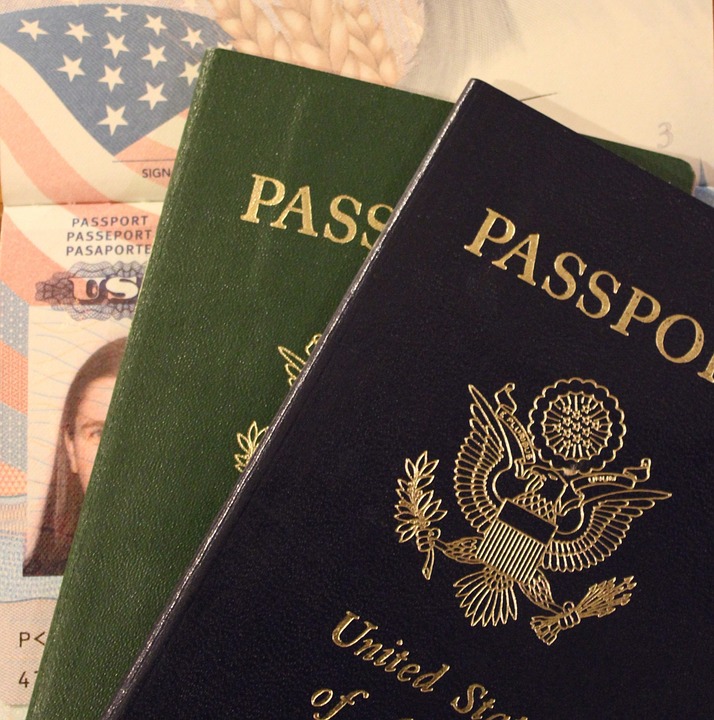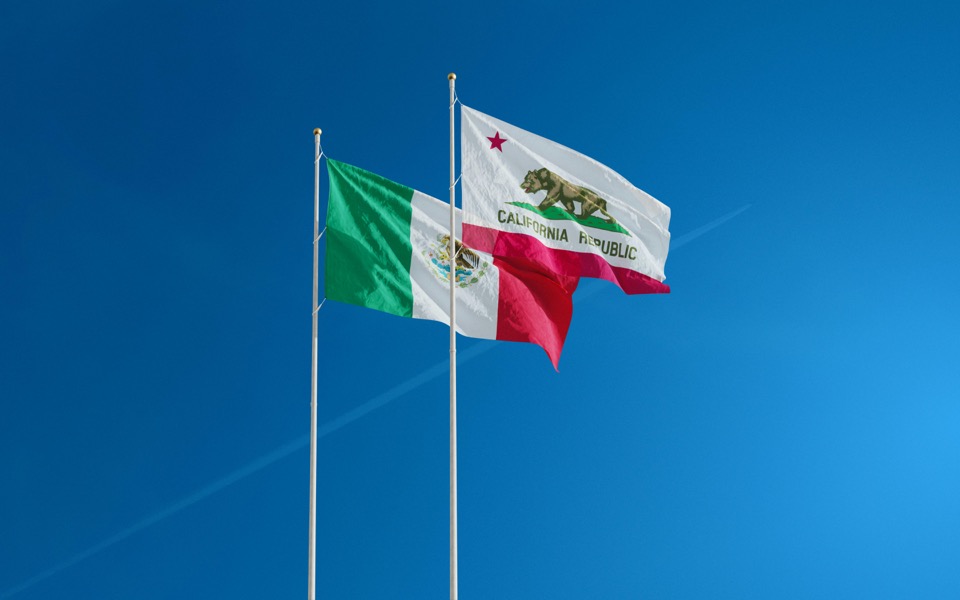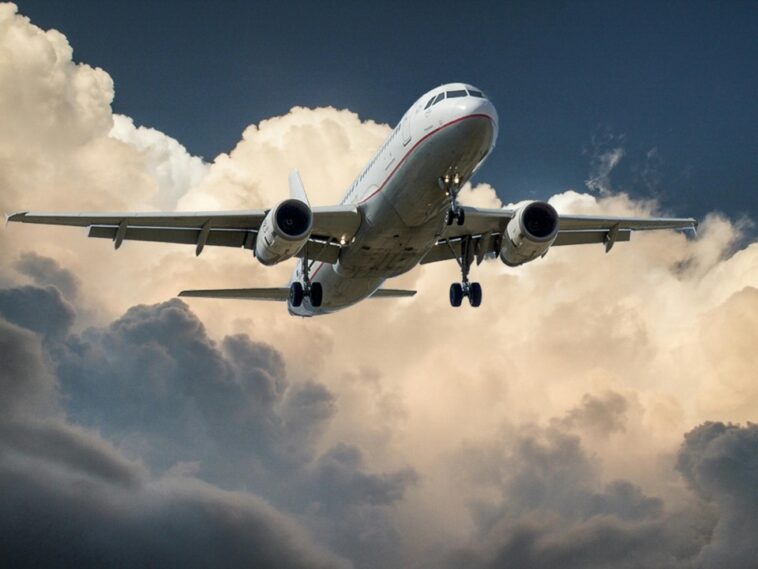Imagine packing your bags for a dream vacation, tropical beaches, buzzing metropolises, ancient ruins, only to be told you can’t go because of the country listed on your passport. For millions around the world, this isn’t just a hypothetical. It’s their reality.
This is the heart of passport privilege, a concept that goes deeper than travel, it reflects global inequality, systemic power structures, and access to opportunity. In this post, we’ll dive into which passports open the most doors, which ones restrict freedom, and how your birthplace shapes your ability to explore the globe. We’ll also talk about what can be done to level the playing field for all travelers.
What Is Passport Privilege?
Passport privilege refers to the advantages certain nationalities have when it comes to traveling abroad. Depending on where you were born, or which citizenship you hold, you might be welcomed into over 190 countries without needing a visa. Or you might face rigorous background checks, expensive applications, long waits, and, in some cases, flat-out denial.
It’s an often invisible layer of privilege that many travelers from Western or wealthier nations don’t even realize they have. But for citizens of countries in Africa, Asia, the Middle East, and Latin America, planning a trip can be filled with uncertainty, bureaucracy, and disappointment.
Passport Power Rankings: Who Can Travel the Freest?

Each year, the Henley Passport Index and Arton Capital’s Passport Index rank passports by the number of destinations their holders can access without a visa. In 2025, the top-ranking passports include: Japan, Singapore, Germany, Italy, France, South Korea, Spain. Holders of these passports can visit 190+ countries visa-free or with visa-on-arrival access. That means easier travel, less paperwork, and more spontaneity. Compare that with countries like: Afghanistan, Syria, Iraq, Pakistan, Yemen. These passports often rank at the bottom, offering access to fewer than 40 countries without a visa. And even then, visa approval isn’t guaranteed.
How Did This Inequality Come to Be?
Passport power is a reflection of geopolitics, international relations, and wealth disparity. Former colonial powers like the UK, France, and Germany enjoy strong diplomatic ties and favorable trade agreements around the world.
Meanwhile, countries dealing with political instability, war, or economic hardship often face travel restrictions imposed by other governments concerned with security or illegal immigration. In other words, passport privilege is built into the fabric of global power dynamics. It has less to do with the character of individual travelers and more to do with international perceptions and politics.
Real-Life Impacts of a “Weak” Passport
For those holding low-ranking passports, even short trips abroad can feel like climbing a mountain. Let’s look at a few common roadblocks: Expensive Visa Applications: Some visa fees can range from $100 to $300, often more than a month’s salary in some countries. Tons of Documentation: Proof of income, hotel bookings, round-trip flights, invitation letters, and sometimes even criminal background checks.
Lengthy Processing Times: Waiting weeks, or months, only to be denied without explanation. Humiliation and Stereotyping: Being questioned aggressively at borders or detained unfairly simply based on one’s passport. Even international students and business professionals from countries like Nigeria, India, or the Philippines often face discrimination and limitations that their American or European peers never encounter.
Dual Citizenship and Golden Passports: Buying Access?

For the wealthy, some of these limitations can be bypassed through citizenship-by-investment programs, also known as “golden passports.” Countries like Malta, St. Kitts and Nevis, and Portugal offer citizenship in exchange for significant financial investments. This system, however, exposes yet another layer of inequality, mobility can be bought if you have the means. It reinforces the divide between the wealthy elite and the average citizen, even within nations with restrictive passports.
U.S. Passport: Powerful but Not Problem-Free
With access to 180+ countries visa-free, the U.S. passport ranks among the world’s most powerful. But even American travelers aren’t always immune to scrutiny. The global perception of U.S. foreign policy can affect how travelers are treated abroad. During times of political tension, travelers from the U.S. may face stricter entry conditions or local hostility.
Moreover, not all Americans benefit equally from passport power. Underserved communities, especially Black and Brown Americans, may experience racism, profiling, and extra questioning when traveling, even with a U.S. passport in hand. And let’s not forget that only around 45% of Americans even hold a passport, a statistic shaped by access to resources, awareness, and systemic barriers.
Fighting for Mobility Justice
The idea of mobility justice is gaining traction, especially as conversations about immigration, refugee rights, and global equity become more urgent. Advocates argue that freedom of movement should be a human right, not a privilege based on birthplace or economic status.
Here’s what global citizens and policymakers can do: Promote more inclusive visa policies that evaluate individuals rather than penalize whole nations. Invest in diplomatic relationships that support peaceful, mutually beneficial travel agreements. Make travel more accessible by reducing costs and streamlining visa processes. Educate travelers on the realities of passport privilege to encourage empathy and understanding.
A Local Angle: How Passport Privilege Shows Up in Cities Like New York and Los Angeles

In cities like New York City, Los Angeles, Miami, and Chicago, where immigrant populations are large and diverse, passport privilege is a lived experience. Local businesses, immigration attorneys, and community organizations often help individuals navigate the hurdles of travel, from applying for visas to dealing with travel bans. For example, NYC’s immigrant communities, especially those from Latin America, West Africa, and South Asia, frequently organize travel info sessions and advocacy campaigns.
These events aim to educate travelers and push for more equitable policies at both the city and federal levels. If you’re in a major metro area, chances are there’s a nonprofit nearby working on travel justice. Supporting these organizations helps amplify the voices of those most affected by mobility inequality.
Travel as a Tool, Not Just a Treat

The ability to travel freely is not just about vacations. It’s about being able to attend a loved one’s funeral, go to school, take a job offer, or escape danger. It’s about dignity, freedom, and opportunity. Recognizing passport privilege doesn’t mean feeling guilty for having access, it means being aware, speaking up, and advocating for a world where everyone, regardless of birthplace, can explore safely and freely.
So the next time you board a plane without worrying about your visa status, remember, that convenience is a privilege, and for many people, it’s still a dream.


